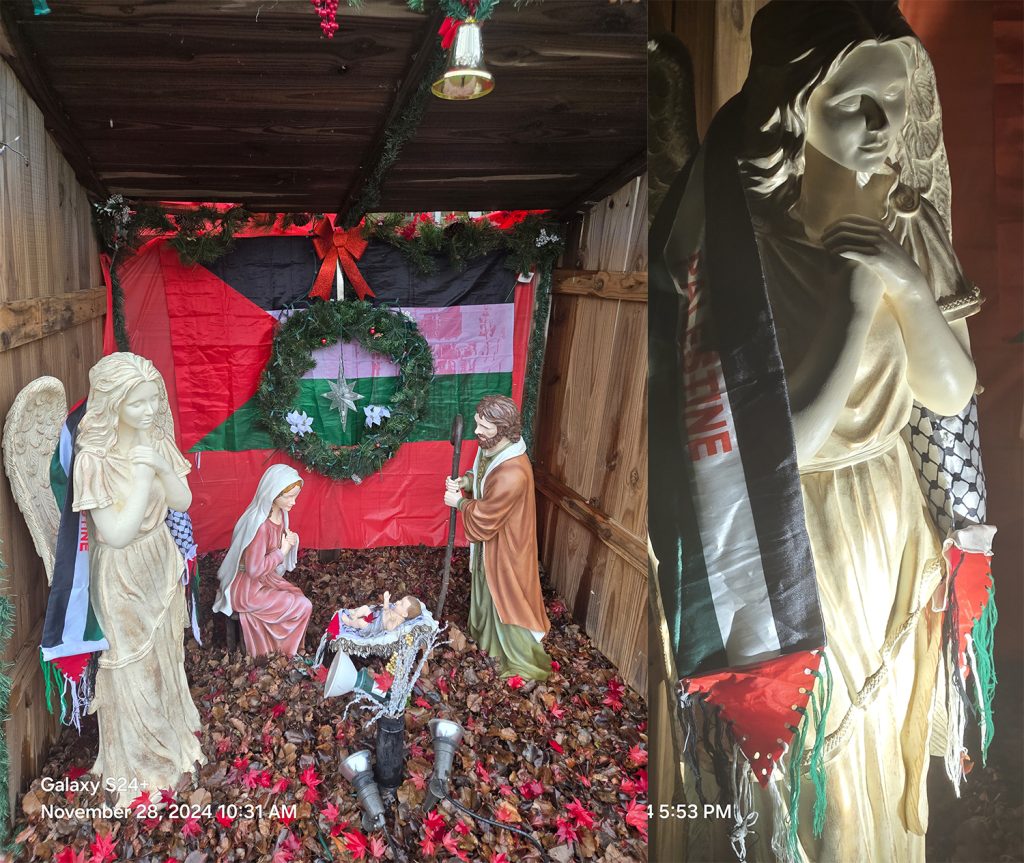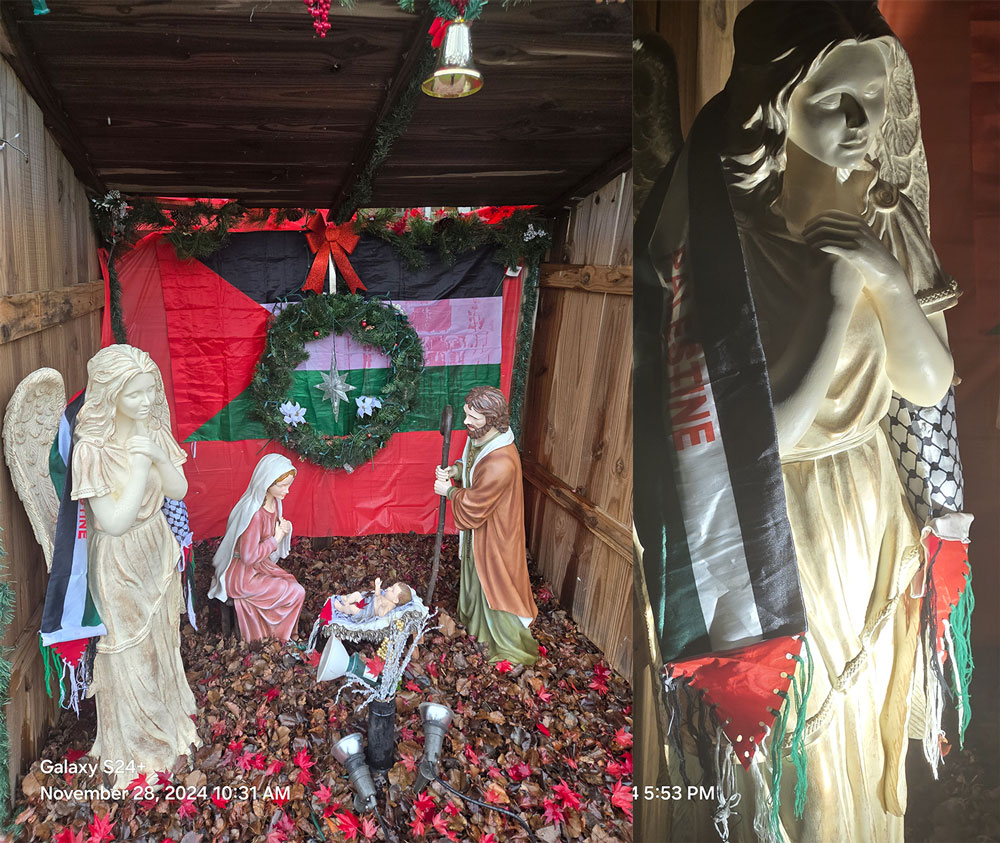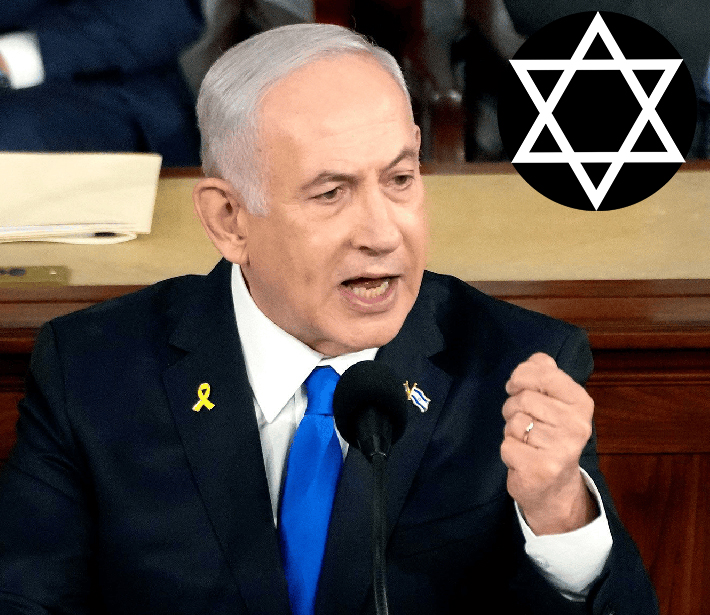Why Christians Should Be Thankful to the Palestinian People

By Rateb Y. Rabie, KCHS
As we recently celebrated Thanksgiving, we took time to thank God, reflect on our blessings, and express gratitude for the people and events that have shaped our lives. Beyond the turkey and stuffing, Thanksgiving invites us to deepen our spiritual appreciation. For Christians, gratitude is rooted in acknowledging Christ’s providence and grace, which enhances the holiday’s meaning and fosters humility, charity, and unity.
This Thanksgiving, let us also remember and be thankful to the Palestinian people, as they hold a unique place in the story of Christ. Jesus Himself was Palestinian born in Bethlehem, a Palestinian city. He was bort to a Jewish parent of the Semitic race, as are all Palestinians, whether Christian or Muslim, regardless of faith. As a proud Palestinian Christian and a naturalized U.S. citizen, I carry this legacy with pride, and I urge the Christian world to recognize its significance.
The Christian world owes a debt of gratitude to Arab Palestinians—both Muslims and Christians—who have preserved Christianity in the Holy Land for over 2,000 years. It is often overlooked that Arab Palestinians played a vital role in the early Church. On the day of Pentecost, described in Acts 2, Cretes and Arabians were present as the Holy Spirit descended upon the apostles. This miraculous event, marking the “birth” of the Christian Church, empowered the apostles to spread Jesus’ teachings.
Acts 2:11–14 tells us:
“Cretes and Arabians, we do hear them speak in our tongues the wonderful works of God. And they were all amazed, and were in doubt, saying one to another, What meaneth this? But Peter, standing up with the eleven, lifted up his voice, and said unto them, Ye men of Judaea, and all ye that dwell at Jerusalem, be this known unto you, and hearken to my words.”
Arab Palestinians—Muslims and Christians—together safeguarded Christianity in the Holy Land. When Islam emerged in the 7th century, many Palestinians embraced it, yet they continued to live alongside their Christian neighbors in harmony, protecting the land’s sacred traditions and heritage. For centuries, Palestinian Muslims, Christians, and Jews coexisted, worshiping their respective faiths as the original inhabitants of this land.
Palestinian Christians are the original Christians. They are not converts, as many Western Christians are. Unfortunately, this history is often misunderstood or ignored by Western Christians, whether due to ignorance or the pursuit of political or financial gain. Such disregard is both unjust and unchristian.
Christianity calls us to stand on the side of peace and justice, transcending politics and division. Western Christians, too, must confront their historical sins—ranging from the Holocaust against the Jewish people to the division of the Church into Catholic, Orthodox, and Protestant branches. If Jesus were to return today, He would likely be deeply saddened by these divisions and injustices. Yet, in His boundless mercy, He would teach and forgive.
It is time for Christians in positions of power to redeem themselves by acknowledging and honoring the sacrifices of the Palestinian people. They must stop supporting aggression against Palestinians, advocate for their freedom, and support the establishment of a sovereign Palestinian state. Only then can the Holy Land return to being a place of harmony, where Christians, Muslims, and Jews coexist in peace, as envisioned by Jesus’ teachings of love, justice, and compassion for all.
Let us, as Christians, embody gratitude and solidarity, recognizing the profound contributions of Palestinian people to the preservation of our shared faith and heritage. It is through their sacrifices and steadfastness that Christianity remains alive in the land of its birth.





